SS #97: Men Without Chests
C.S. Lewis’ small book, The Abolition of Man, is a must-read in the classical education world because he so pointedly reveals the problem with modern, progressive education.
The first chapter, and the one most often quoted, is titled “Men Without Chests,” so often this phrase is tossed around. But what does it mean to be without a chest? How does this idea apply to our homeschools?
Listen to the podcast:
TUNE IN:
Apple Podcasts | Spotify | Stitcher
What are men without chests?
Today’s Hosts and Source

Brandy Vencel
homeschools the 3-of-4 children still in her home. She has two sons, one 19 and one 13.

Pam Barnhill
homeschools her 3 children, two of whom are teen and preteen.

Mystie Winckler
homeschools the 3 of her 5 kids not yet in college. She has 3 sons: 18, 16, and 11.

Abby Wahl
homeschools her 5 kids, 4 of whom are boys, from 17 to twin 11-year-old boys.
Today we are discussing the first essay in Lewis’ book on education, The Abolition of Man.
“We make men without chests and expect from them virtue and enterprise. We laugh at honor and are shocked to find traitors in our midst.”
C.S. Lewis, Abolition of Man
Scholé Every Day: What We’re Reading
Early Christian Writings
Mystie made sure to add a very short book of letters to her Letters 5×5 category. It’s like written sermons from the early church.
Historic Photos of Wallowa County, Oregon
While on an anniversary trip at a lodge that could only be reached by hiking in, Abby read some of the historic books strewn.
I am speaking now politically, to the people of Enterprise, to the people of Joseph, and to the people of Lostine and to the people of Wallowa and those near these towns. It is necessary that your laborers, the citizens of your country, should live so that they may be able to vote faithfully to the end that honesty and intelligence shall rule America, instead of fraud and ignorance.
If the republic shows great differences between its upper and its lower classes then our country is not truly prosperous. The rich and educated should consider that they have received with their wealth and education a trust which it is their sole duty to fulfill. Their education and wealth are nothing if they are not the power of doing good.
Ralph E. Armstrong, Nez Perce Leader
October 10, 1929
Natural Born Heroes, Christopher McDougall
Brandy’s read-aloud with teen pick right now that was recommended during her Charlotte Mason Deep Dive as a book for raising kids with grit. The author calls Plutarch the handbook of heroism.
How to Think Like Aquinas, Kevin Vost
Aquinas wrote a letter about how to study, and Vost builds out his advice, such as: “Flee pointless conversation.”
C.S. Lewis identifies the problem
The essays in Abolition were first given as lectures in the 1940s at Cambridge, using an example of an unnamed English textbook.
The authors appear to be speaking about language, but teach nothing of grammar or rhetoric. Rather, they teach that beauty is subjective and that our responses are based solely in our feelings.
C.S. Lewis correctly identifies the beginnings of what we now say as “You do you.” Things actually have true characteristics like sublimity and majesty, whether we are interested in it or see it or not.
If we don’t recognize that objects have merit, but rather allow ourselves to only recognize our responses to the objects, we cannot receive correction to our perceptions.
Our responses are not always appropriate
If our feelings and responses to reality are what they are and judgments about them cannot be made, then we are stuck. We cannot mature by receiving correction and admitting that we have been wrong.
The English textbook Lewis critiques teaches that the only true, real things you can say about the waterfall are physical, factual descriptors like height. Lewis points out that by reducing the truth to fact, we will cut ourselves off from the fullness of reality.
Claiming to teach grammar, they do not
Today we have the same problem of “amateur philosophy” being taught rather than English (or history, or many other subject), but with a postmodern twist: the rhetoric is strong and the logic is gone.
For Modernism, which was reaching its peak in Lewis’ day, they debunked rhetoric with the appearance of logic, but Lewis is pointing out that it’s not logic at all. That’s proven today because we don’t have logic and the rhetoric has been totally untethered.
Cindy Rollins likes to use the word tethered and untethered, and part of what Lewis is pointing out here is that the textbook is untethering the student’s responses from tradition, from responsibility, from connection.
Rhetoric run amok
The textbook critiques a dumb metaphor and then apply it as “all metaphors are untrue and there to manipulate you.” That teaching diminishes emotion and proper sentiment.
It’s like the writers of this textbook see the same problem Dorothy Sayers did in her essay about the need to be resistant to a strong sales pitch. Their method of addressing the new strong, rhetoric appeal of advertising is to make their students immune to an emotional response to metaphor. Lewis deplores this tactic, because he rightly sees that such “sales resistance” is also “literature resistance” and “moral imagination resistance.”
The textbook is creating skeptics.
They believe they are teaching critical thinking, but they are actually cutting off an element of their students’ humanity.
These teachers have cut out the soul of the school child, long before he is old enough to choose, the possibility of having certain experiences which thinkers of more
C.S. Lewis, Abolition of Man
authority than they have held to be generous, fruitful, and humane.
The goal is not to have no feelings
The intellect requires trained emotions, not emotionlessness. It is a modern idea that reason and emotion are opposite forces. The older concept is that emotions ought to be subject to and judged by reason.
By starving the sensibility of our pupils we only make them easier prey to the propagandist when he comes. For famished nature will be avenged and a hard heart is no infallible protection against a soft head.
C.S. Lewis, Abolition of Man
Men without chests comes from Plato
The point is not to replace emotion with reason, but to have both of them conform to reality and truth.
Plato describes the three parts of man: The intellect, the appetite, and the sentiment. The intellect is the head, the sentiment is the chest, and the appetite is the belly.
We will only be able to rule our appetites, our bellies, if our head is connected to it through the chest, through right engagement in the heart.
Without the aid of trained emotions the intellect is powerless against the animal organism.
C.S. Lewis, Abolition of Man
Men without chests don’t care
Our ignorance makes us uncomfortable, so we choose not to care so it doesn’t bother us.
Not caring makes life easier. Not caring is the problem Lewis is addressing in this essay, and that’s why he says our students’ hearts are deserts to be irrigated, not jungles to be cut down.
For every one pupil who needs to be guarded from a weak excess of sensibility there are three who need to be awakened from the slumber of cold vulgarity. The task of the modern educator is not to cut down jungles but to irrigate deserts. The right defense against false sentiments is to inculcate just sentiments.
C.S. Lewis, Abolition of Man
Often we don’t care because we don’t know, but then because we don’t care we don’t learn. A lack of caring perpetuates itself.
What is debunking?
Our ignorance makes us uncomfortable, so we choose not to care so it doesn’t bother us.
It’s easy to point out what’s wrong. But showing kids how something is wrong never teaches them what’s right or what they ought to do. Simply pointing out where other people are wrong or what doesn’t make sense – especially when it’s saying that figurative language isn’t literally true (eyeroll) – is debunking.
What is debunking?
To debunk is to expose the falseness or hollowness of (a myth, idea, or belief) or reduce the inflated reputation of (someone), especially by ridicule.
Tearing others down will never build anything or anyone up. Debunking is merely fault-finding. It is never constructive. It is looking for an excuse to dismiss the person or argument rather than find truth.
Sometimes we confuse teaching debunking with teaching logic. Deconstructing other people’s arguments is not logic.
How we get men without chests
Our ignorance makes us uncomfortable, so we choose not to care so it doesn’t bother us.
Men and women without chest is a lack of conviction, are those who care more about living a comfortable, middle class life than preserving truth and liberty.
The operation of The Green Book and its kind is to produce what may be called Men without Chests. It is an outrage that they should be commonly spoken of as Intellectuals. This gives them the chance to say that he who attacks them attacks Intelligence….it is not excess of thought but defect of fertile and generous emotion that marks them out. Their heads are no bigger than ordinary: it is the atrophy of the chest beneath that makes it seem so.
C.S. Lewis, Abolition of Man
Those who put themselves in positions of authority, claiming to be experts – Intellectuals, Scientists, Politicians, as the case may be – often lack the element that would actually make them intellectual, scientific, or guardians of the people.
Lewis noted this seventy years ago.
Such is the tragi-comedy of our situation — we continue to clamour for those very qualities we are rendering impossible. You can hardly open a periodical without coming across the statement that what our civilization needs is more ‘drive’, or dynamism, or self-sacrifice, or ‘creativity’. In a sort of ghastly simplicity we remove the organ and demand the function. We make men without chests and expect of them virtue and enterprise. We laugh at honour and are shocked to find traitors in our midst. We castrate and bid the geldings be fruitful.
C.S. Lewis, Abolition of Man
How do we raise men with chests?
We need to use rituals, tradition, and stories to pass on truth to our kids.
Lewis cautions us to not mock honor, but now we need also to not fear honor. If someone is taking a stand on his conviction, he is acting as a man with a chest. We must honor him, not persuade him to back down and not cause waves or lose his job.
Hold up examples of not only stories, but real life historical and contemporary people who risked and even lost worldly goods or reputation because they stood up for their conviction. Honor those who do not buckle under pressure.
We’re not to hide in a bunker, but to stand up in the world for truth and goodness and beauty.
Choose propagation, not propaganda.
Brandy Vencel
Mentioned in the Episode
Listen to related episodes:
SS#158 – Postmodernism Wants Your Kids
SS #98: Ordo Amoris – Ordering the Affections
SS #22: Don’t Lose That Lovin’ Feelin’



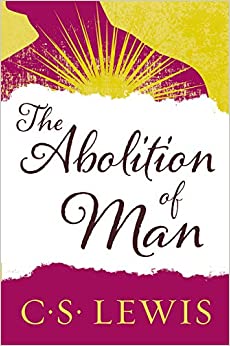
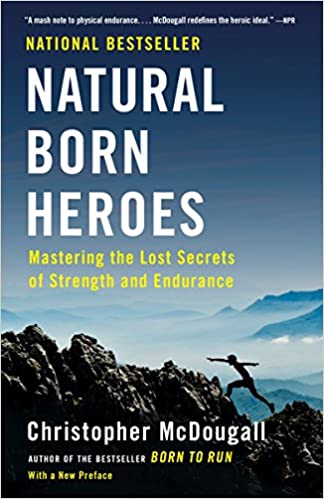
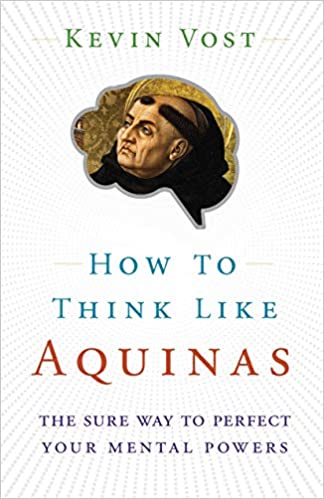
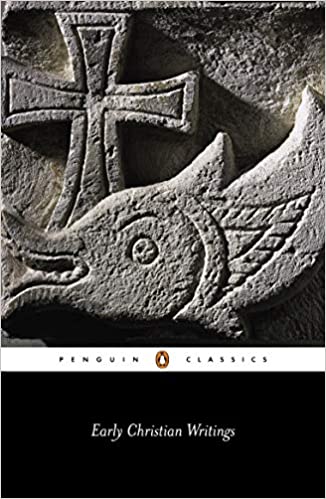

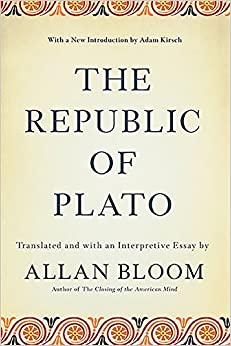
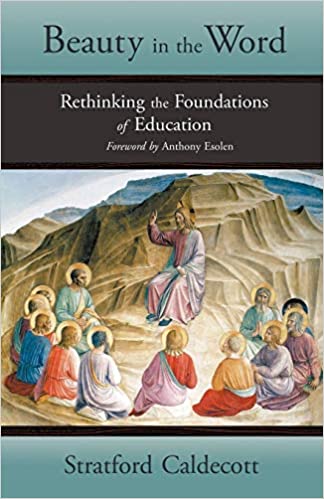
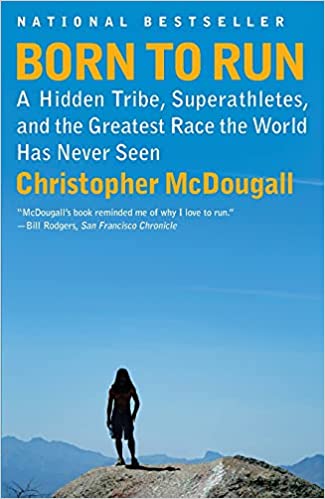
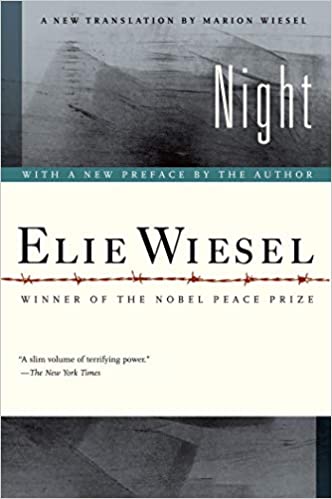
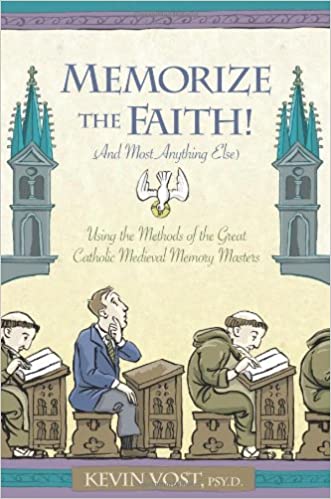
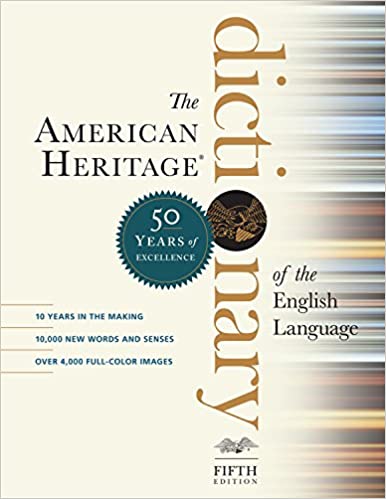




One Comment
Comments are closed.